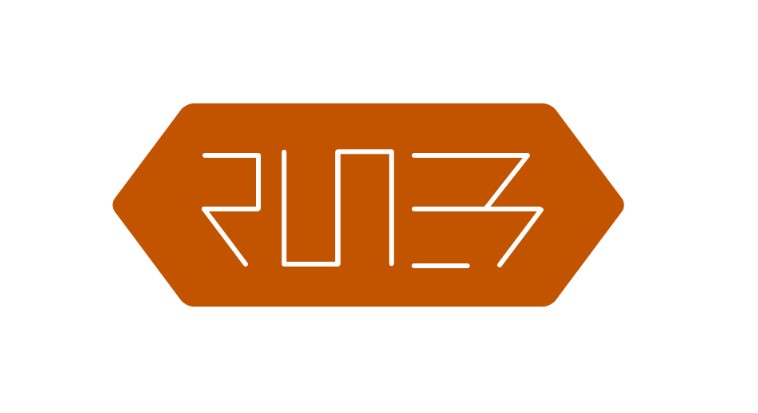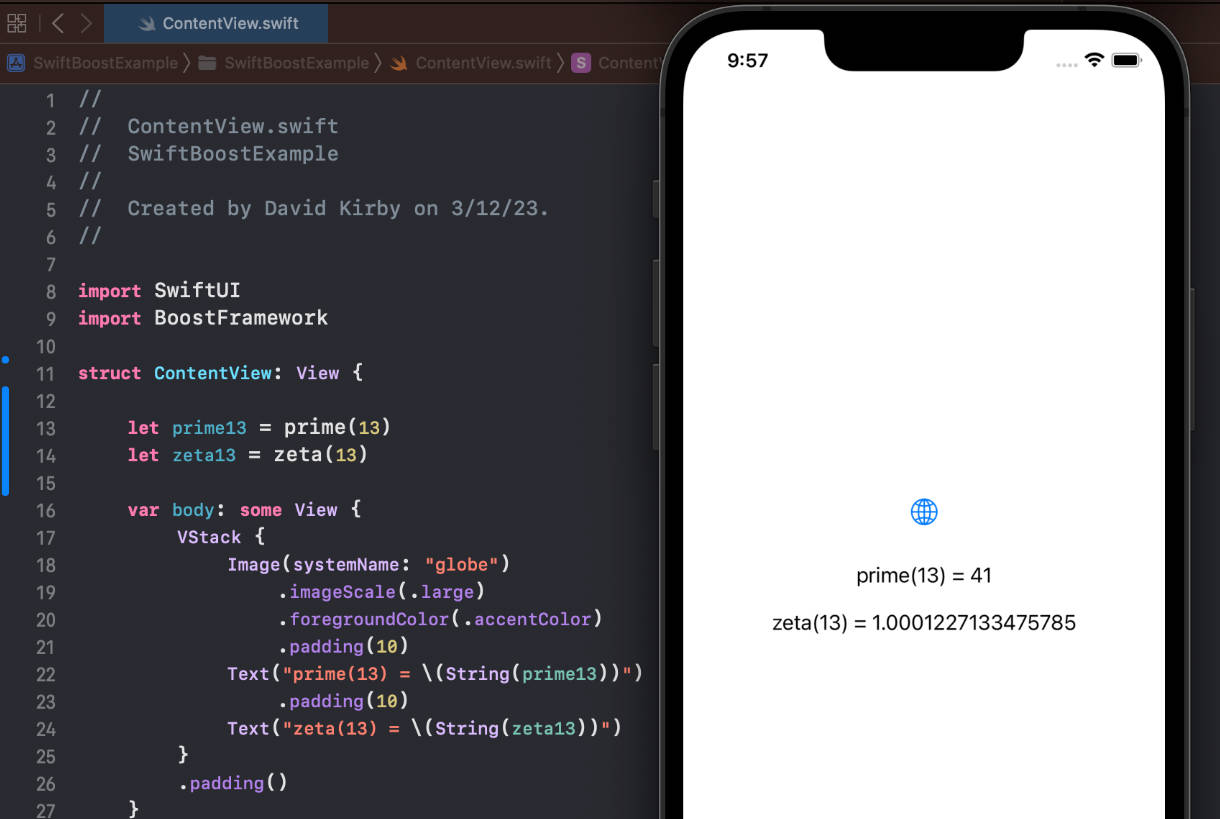Indecipherable symbols that some people claim have actual meaning.
What's included?
Importing Runes introduces several new operators and one global function that
correspond to common Haskell typeclasses:
Functor
<^>(pronounced "map")
Applicative Functor
<*>(pronounced "apply")<*(pronounced "left sequence")*>(pronounced "right sequence")pure(pronounced "pure")
Alternative
<|>(pronounced "alternate")empty(pronounced "empty")
Monad
>>-(pronounced "flatMap") (left associative)-<<(pronounced "flatMap") (right associative)>->(pronounced "Monadic compose") (left associative)<-<(pronounced "Monadic compose") (right associative)
Implementations
We also include default implementations for Optional and Array with the
following type signatures:
// Optional+Functor:
public func <^> <T, U>(f: T -> U, x: T?) -> U?
// Optional+Applicative:
public func <*> <T, U>(f: (T -> U)?, x: T?) -> U?
public func <* <T, U>(lhs: T?, rhs: U?) -> T?
public func *> <T, U>(lhs: T?, rhs: U?) -> U?
public func pure<T>(x: T) -> T?
// Optional+Alternative:
public func <|> <T>(lhs: T?, rhs: T?) -> T?
public func empty<T>() -> T?
// Optional+Monad:
public func >>- <T, U>(x: T?, f: T -> U?) -> U?
public func -<< <T, U>(f: T -> U?, x: T?) -> U?
public func >-> <T, U, V>(f: T -> U?, g: U -> V?) -> T -> V?
public func <-< <T, U, V>(f: U -> V?, g: T -> U?) -> T -> V?
// Array+Functor:
public func <^> <T, U>(f: T -> U, x: [T]) -> [U]
// Array+Applicative:
public func <*> <T, U>(fs: [T -> U], x: [T]) -> [U]
public func <* <T, U>(lhs: [T], rhs: [U]) -> [T]
public func *> <T, U>(lhs: [T], rhs: [U]) -> [U]
public func pure<T>(x: T) -> [T]
// Array+Alternative:
public func <|> <T>(lhs: [T], rhs: [T]) -> [T]
public func empty<T>() -> [T]
// Array+Monad:
public func >>- <T, U>(x: [T], f: T -> [U]) -> [U]
public func -<< <T, U>(f: T -> [U], x: [T]) -> [U]
public func >-> <T, U, V>(f: T -> [U], g: U -> [V]) -> T -> [V]
public func <-< <T, U, V>(f: U -> [V], g: T -> [U]) -> T -> [V]
// Result+Functor:
public func <^> <T, U, E>(f: (T) -> U, a: Result<T, E>) -> Result<U, E>
// Result+Applicative:
public func <*> <T, U, E>(f: Result<(T) -> U, E>, a: Result<T, E>) -> Result<U, E>
public func <* <T, U, E>(lhs: Result<T, E>, rhs: Result<U, E>) -> Result<T, E>
public func *> <T, U, E>(lhs: Result<T, E>, rhs: Result<U, E>) -> Result<U, E>
public func pure<T, E>(_ a: T) -> Result<T, E>
// Result+Alternative:
public func <|> <T, E>(lhs: Result<T, E>, rhs: @autoclosure () -> Result<T, E>) -> Result<T, E>
// Result+Monad:
public func >>- <T, U, E>(a: Result<T, E>, f: (T) -> Result<U, E>) -> Result<U, E>
public func -<< <T, U, E>(f: (T) -> Result<U, E>, a: Result<T, E>) -> Result<U, E>
public func >-> <T, U, V, E>(f: @escaping (T) -> Result<U, E>, g: @escaping (U) -> Result<V, E>) -> (T) -> Result<V, E>
public func <-< <T, U, V, E>(f: @escaping (U) -> Result<V, E>, g: @escaping (T) -> Result<U, E>) -> (T) -> Result<V, E>
Contributing
See the [CONTRIBUTING] document. Thank you, contributors!
License
Runes is Copyright (c) 2015 thoughtbot, inc. It is free software, and may be
redistributed under the terms specified in the [LICENSE] file.
About

Runes is maintained and funded by thoughtbot, inc. The names and logos for
thoughtbot are trademarks of thoughtbot, inc.
We love open source software! See our other projects or look at
our product case studies and hire us to help build your iOS app.

